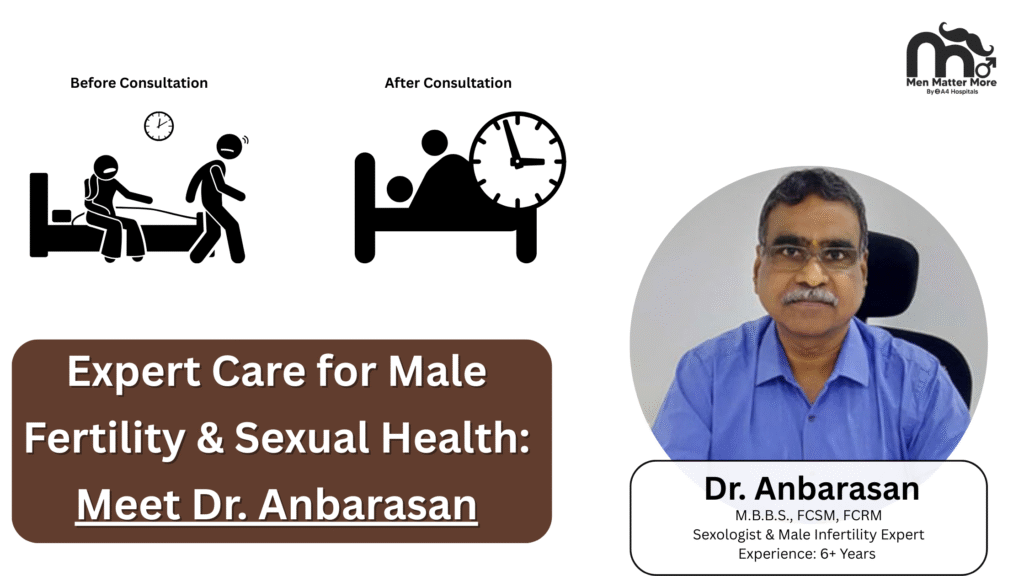Erectile dysfunction (ED) is a common condition that affects many men at some point in their lives. It can be a source of significant stress and impact self-confidence and relationships. Let’s break down what ED is, its symptoms, potential causes, and importantly, what can be done about it.
What is Erectile Dysfunction?
Erectile dysfunction, also known as impotence, is the persistent inability to achieve or maintain an erection firm enough for satisfactory sexual intercourse. Occasional difficulty achieving an erection is normal and doesn’t necessarily indicate ED. However, when it becomes a frequent or consistent issue, it’s important to understand the underlying factors.
Erectile Dysfunction Symptoms:
The primary symptom of ED is the consistent inability to get or keep an erection firm enough for sex. Other related symptoms can include:
- Difficulty achieving an erection at all.
- Being able to get an erection but not being able to maintain it.
- Achieving erections that are not firm enough for intercourse.
- Reduced sexual desire (in some cases, although this can be a separate issue).
What is the Main Cause of Erectile Dysfunction?
While there isn’t always one single “main” cause, erectile dysfunction often arises from a combination of physical and psychological factors.
Physical Causes of Erectile Dysfunction:
A wide range of physical conditions can contribute to ED:
- Cardiovascular Disease: Conditions like heart disease, high blood pressure (hypertension), and high cholesterol can damage blood vessels, reducing blood flow to the penis. This is often cited as a significant underlying factor.
- Diabetes: High blood sugar levels can damage nerves and blood vessels, affecting erectile function.
- Obesity: Being overweight or obese increases the risk of several conditions linked to ED, such as diabetes and heart disease.
- Hormonal Imbalances: Low testosterone levels can sometimes contribute to ED.
- Neurological Disorders: Conditions like multiple sclerosis (MS), Parkinson’s disease, and stroke can interfere with nerve signals involved in erections.
- Certain Medications: Some medications, including certain antidepressants, antihistamines, and blood pressure drugs, can have ED as a side effect.
- Prostate Problems: Conditions like an enlarged prostate (BPH) or prostate cancer treatment can sometimes lead to ED.
- Peyronie’s Disease: The development of scar tissue inside the penis can cause painful erections and ED.
Psychological Causes of Erectile Dysfunction:
Mental and emotional factors can also play a significant role in ED:
- Stress and Anxiety: High levels of stress, anxiety (especially performance anxiety related to sex), and depression can interfere with sexual arousal and function.
- Relationship Problems: Conflicts or communication issues with a partner can contribute to ED.
- Depression: This mental health condition can significantly impact libido and sexual function.
- Guilt and Shame: Negative feelings about sex or past sexual experiences can contribute to ED.
Side Effects of Erectile Dysfunction:
While ED itself isn’t a disease with direct physical “side effects” in the traditional sense, the consequences of living with ED can be significant:
- Emotional Distress: Feelings of frustration, sadness, anxiety, and low self-esteem are common.
- Relationship Problems: ED can strain intimacy and communication with partners.
- Reduced Quality of Life: The inability to engage in satisfying sexual activity can impact overall well-being.
- Difficulty Conceiving: For couples trying to have children, ED can present a significant obstacle.
How to Cure Erectile Dysfunction:
The good news is that erectile dysfunction is often treatable. The approach depends on the underlying cause. Here are some common treatment options:
- Lifestyle Modifications:
- Healthy Diet: Eating a balanced diet low in saturated fat and cholesterol can improve cardiovascular health.
- Regular Exercise: Physical activity can improve blood flow, reduce stress, and boost overall health.
- Weight Management: Losing excess weight can have a positive impact on ED.
- Quitting Smoking: Smoking damages blood vessels and can worsen ED.
- Limiting Alcohol Consumption: Excessive alcohol intake can temporarily impair erectile function and may contribute to long-term problems.
- Medications: Oral medications like sildenafil (Viagra), tadalafil (Cialis), vardenafil (Levitra), and avanafil (Stendra) help increase blood flow to the penis.
- Vacuum Erection Devices: These external devices create a vacuum to draw blood into the penis, and a constriction ring is placed at the base to maintain the erection.
- Injections: Medications can be injected directly into the penis to produce an erection.
- Intraurethral Suppositories: Small pellets containing medication can be inserted into the urethra.
- Testosterone Replacement Therapy: If low testosterone is identified as a contributing factor, hormone therapy may be recommended.
- Psychological Counseling: Therapy can be beneficial for addressing psychological causes of ED, such as stress, anxiety, and depression. This can involve individual or couples counseling.
- Surgery: In rare cases, such as after certain prostate cancer treatments, surgical options like penile implants may be considered.
Seeking Help is the First Step:
If you are experiencing symptoms of erectile dysfunction, it’s crucial to talk to a doctor. They can help identify the underlying cause and recommend the most appropriate treatment plan for you. Remember, you’re not alone, and effective solutions are available.
And Yes, that is. This is everything you need to know about erectile dysfunction. You can also read our previous blog: https://www.a4malefertility.com/side-effects-of-masturbation-in-male-ultimate-guide/
Follow for more: www.a4malefertility.com

